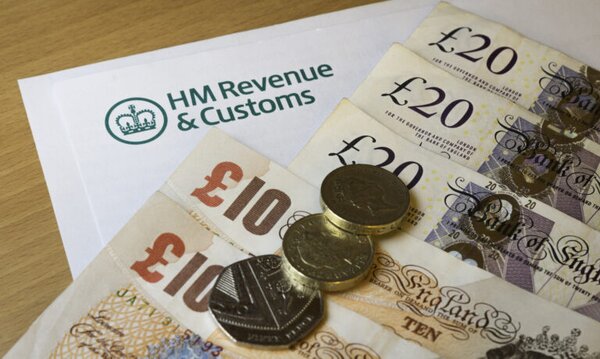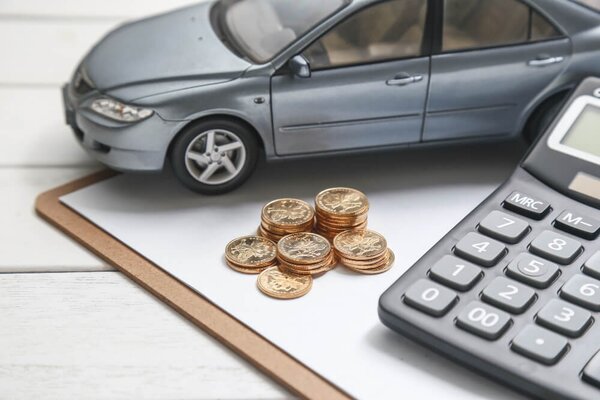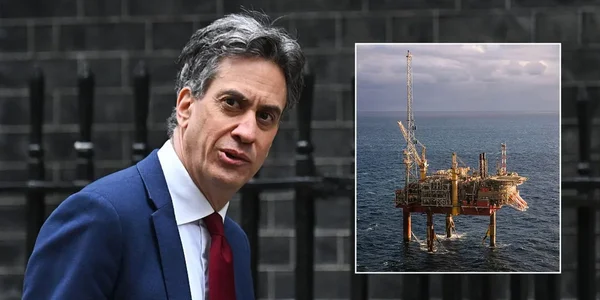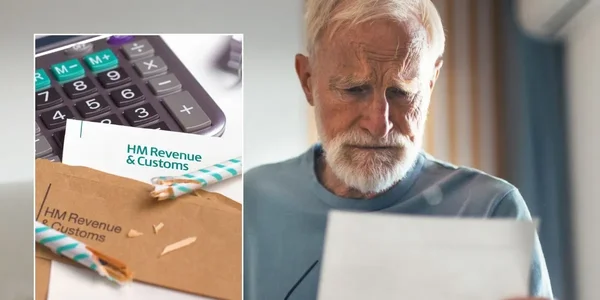Introduction
The UK government is reportedly considering the introduction of a pay-per-mile road tax system, potentially affecting millions of motorists nationwide. Early indications suggest this policy is under review as part of ongoing efforts to reform motoring taxation amid changing vehicle usage patterns and the shift towards electric cars.
These changes are gaining attention as fuel duty revenue is projected to decline due to rising electric vehicle uptake. No official announcement has been confirmed by HM Treasury or Chancellor Rachel Reeves as of June 2024, but financial analysts and sector observers are closely monitoring discussions ahead of future budget statements.
Overview of pay-per-mile tax
A pay-per-mile tax would charge drivers based on the distance travelled instead of traditional vehicle excise duty or fuel duty models. The proposal is seen as a possible response to falling tax revenues as more drivers transition to zero-emission vehicles, which currently pay less or no fuel duty.
Under this system, motorists would incur charges calculated according to their actual road usage, with details on rates and exemptions yet to be finalised.
Government rationale
Policy groups and government officials have acknowledged the ongoing challenge of preserving essential infrastructure funding as fuel duty falls short of prior levels.
Chancellor Rachel Reeves and other treasury officials have signalled the need to modernise road tax systems in line with vehicle technology trends and environmental objectives.
According to infrastructure experts, 'The traditional approach to road taxation must evolve to match technological change,' with many recommending mileage-based models as a potential solution.
Possible effects on drivers
The adoption of a pay-per-mile charge could significantly affect household motoring costs, particularly for those in rural areas or with longer commutes. Industry groups have called for measures to protect lower-income drivers and ensure that changes do not disproportionately penalise specific communities.
Motoring associations and finance analysts have highlighted that any new tax system should be transparent, predictable, and fair, with clear guidance provided before implementation.
Political and public reactions
Although the policy has not yet been formally introduced in Parliament, early political debate has centred around revenue needs and cost-of-living impacts.
Opposition parties and backbench MPs have stressed the importance of balancing infrastructure funding with affordability for families. Public opinion is mixed, with some surveys indicating concern over new motoring taxes, particularly in light of recent inflationary pressures and broader economic challenges.
Historical tax context
Historically, motor taxation in the UK has relied heavily on fuel duty and vehicle excise duty, generating substantial revenues for the Exchequer. The rapid adoption of electric vehicles, encouraged by government incentives, has reduced these revenue streams.
This trend has prompted policy analysts and economists to urge that the tax base adapt to the evolving profile of the UK vehicle fleet.
Final Summary
As the UK government weighs reforms to road taxation, a pay-per-mile scheme is under close scrutiny to address the growing funding gap created by increased electric vehicle uptake.
While no detailed proposal has been made public, policy debate continues over the best approach to maintain infrastructure while safeguarding affordability for drivers. The eventual outcome will affect millions of households and play a key role in the country's transition to lower-emission transport options.
Readers seeking the latest updates on UK tax policy and motoring reforms can find timely information on the Pie app.











